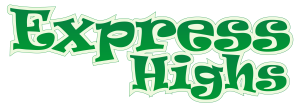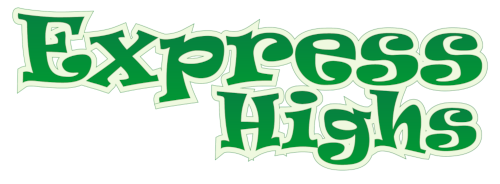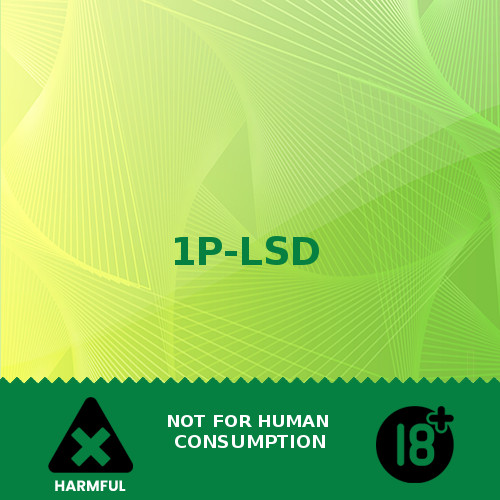1-propionyl-lysergic acid diethylamide, commonly known as 1P LSD, is a popular alternative to the well-known substance LSD (lysergic acid diethylamide). Real LSD is the gold standard, of course, but its possession has been criminalised in most of the world for several decades.
If the history of prohibition has taught us anything, people who want something will find a way to get it, no matter what. Several alternatives have been created over the years, and 1P LSD is undoubtedly a favourite among experienced psychonauts.
1P LSD Explained
1P LSD was first formulated in 2015 and sold online as a “designer drug.” Its chemical structure is different than that of LSD, but is a functional analogue. This means that the experience and effects are nearly identical to the effects of LSD.
The reason 1P LSD and similar substances are created is to try to get around existing laws banning the possession of LSD. The different chemical structures mean it takes time for governments to update their laws to include new formulations.
Is 1P LSD Legal?
Although LSD has been illegal for a long time, the legality of its functional analogues is much less straightforward. Governments are notorious for taking a long time to update their laws, meaning some things can go undetected for a while.
There are different levels of legality 1P LSD falls under, depending on the country. It can be considered entirely illegal, unscheduled unless for human consumption, or unscheduled with no restrictions. There are slight variations in specific countries, but it generally falls into those three categories.
When it comes to the EU, member countries typically fall into one of two categories. Most countries allow the sale and possession of 1P LSD unless it is for human consumption. A few countries outright ban it, but not nearly as many as you’d expect.
Laws by Country
The easiest way to explain the legality of 1P LSD in the EU is to list the countries in which it’s fully prohibited. It is illegal for any purpose in Croatia, the Czech Republic, Denmark, Estonia, France, Latvia, Lithuania, Romania, and Sweden. The other European countries in which it’s completely banned are the UK, Norway, and Switzerland.
Almost every other country in the EU does place some restrictions on 1P LSD. These restrictions generally only apply to the sale of 1P LSD for human consumption, but they can vary slightly. Germany, for example, only allows 1P LSD for use in industrial or scientific applications.
Why Isn’t it Illegal?
Laws are very broad and strict regarding what is allowed to be sold for human consumption. They are much less strict regarding what people can possess, especially if there’s a valid reason for their possession.
1P LSD and similar substances, such as LSZ, are considered research chemicals. Therefore, they can be sold and possessed for research purposes. Aside from Germany, which requires a professional setting, there is no restriction on who can research 1P LSD.
Of course, this isn’t true everywhere, as evidenced by the banned country list, but it’s why many countries allow its sale and possession. Other countries might ban it in the future, but for now, a large portion of the EU looks the other way if there’s no proof of intent to consume.
The information provided in Express Highs Blog is intended for educational, informational, and harm-reduction purposes only. The content published on this page does not encourage, promote, or condone the use, purchase, sale, or distribution of any controlled or psychoactive substances.
Many compounds discussed on this website may be regulated or prohibited in certain countries or jurisdictions. Laws and regulations change frequently, and it is the responsibility of each reader to understand and comply with the local laws applicable in their location before engaging with any substance mentioned.
Articles published in this category may reference scientific research, anecdotal experiences, historical context, or emerging trends. However, the content should not be interpreted as medical advice, legal advice, or professional guidance of any kind. Always consult a qualified medical professional before making decisions that could impact your physical or mental health.


